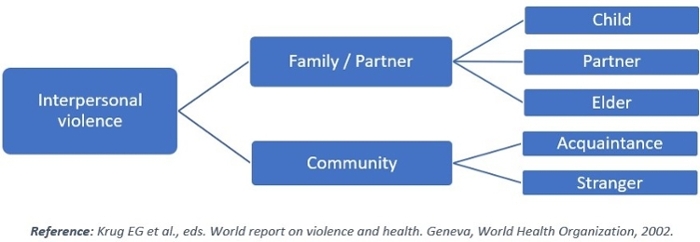Useful Links
Saskatchewan
- RESOLVE SK Steering Committee
- Status of Women Saskatchewan
- STOPS to Violence is one of RESOLVE SK Steering Committee members and has a regular newsletter that is a great resource. To subscribe to the STOPS eBulletin, please click here.
- PLEA - The Public Legal Education Association of Saskatchewan
Federal/National
- Family Violence Family Law (Alliance of Canadian Research Centres on Gender-Based Violence)
- Department of Women and Gender Equality (Government of Canada)
- Department of Justice (Government of Canada)
- Status of Women Canada
- Ending Violence Association of Canada
- Canadian Women's Foundation
- HELP Toolkit - Identifying and Responding to Family Violence for Family Law Legal Advisers available on the Department of Justice Canada website.
- Digna - The Canadian Centre of Expertise on the Prevention of Sexual Exploitation and Abuse by Global Affairs Canada
International
Researchers in SK
Research on Interpersonal violence at the University of Saskatchewan and the University of Regina
RESOLVE Saskatchewan believes in the importance of positionality when framing our work. This scan was done by me, Morgana Machea, in with supervision of Dr. Karen Wood. I am a white queer Brazilian, currently on my second year of graduate studies in the Women’s and Gender Studies department at the University of Saskatchewan, with a background in International Studies.
The purpose of this scan is to list researchers from the University of Saskatchewan and the University of Regina working in the field of interpersonal violence and how it can be addressed to facilitate connections between research and findings. We acknowledge the list is incomplete and subject to change. Please, feel free to mail us at resolve@usask.ca with suggestions, questions, or comments!
You will find the following elements in this scan:
- A list of researchers from both universities as well as their department and email.
- Articles and books written by the listed researchers with information on their departmental affiliation, author(s), title, category, year of publication, and notes.
Concerning categorization and recognizing that there is extensive and diverse literature with little consensus on the categorizations of violence, we chose to follow the definitions of violence and interpersonal violence by the World Health Organization (WHO) in the World Report on Violence and Health (Krug et al, 2002)). We also consider a category of Addressing violence involving awareness, education, and healing strategies. Note that the scans list articles and books published from the year 2000 to present.
For the WHO, the problem of violence is thus defined as “the intentional use of physical force or power, threatened or actual, against oneself, another person, or against a group or community, that either results in or has a high likelihood of resulting in injury, death, psychological harm, maldevelopment, or deprivation." (WHO, 2020) The report created three sub-types of violence: self-directed violence (self-abuse and suicide), interpersonal violence, and collective violence (social, political, and economic). See the subcategories on interpersonal violence bellow:

External funding opportunities
For information about external funding opportunities, please visit the following websites:
Tri-Council Agencies/Government
Do You Need Help?
Click here for information on shelters, food, mental health and general resources in Saskatchewan and Canada wide.
GETTING OUT: A Process Learned from the Courage & Wisdom of Survivors
The Getting Out Guide will help you identify the signs of an abusive relationship and how to leave a dangerous situation.
The Safety Planner offers guidance on what to take with you, where you can go, and who you can contact for help.
Services for People Experiencing Violence & Abuse
A partnership between the Ministry of Justice and 211 Saskatchewan, to provide information and resources for people experiencing violence, and those who support them.
For additional help in connecting to services, call or text 2-1-1.
If you are a survivor of sexual violence that took place in Saskatchewan you can receive 2 hours of free legal advice. The incident does not need to have been reported to the police. The program is available to individuals of any age or gender, regardless of income. It doesn’t matter how long ago the incident occurred.
The Listen Project is funded by the Department of Justice and delivered by the Ministry of Justice, Saskatchewan in partnership with the Public Legal Education Association of Saskatchewan (PLEA).

